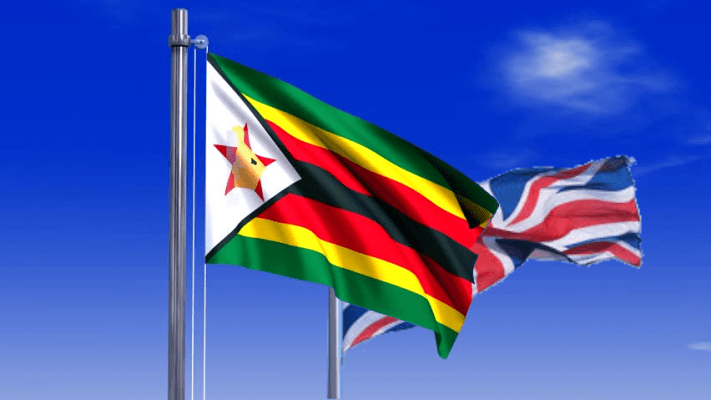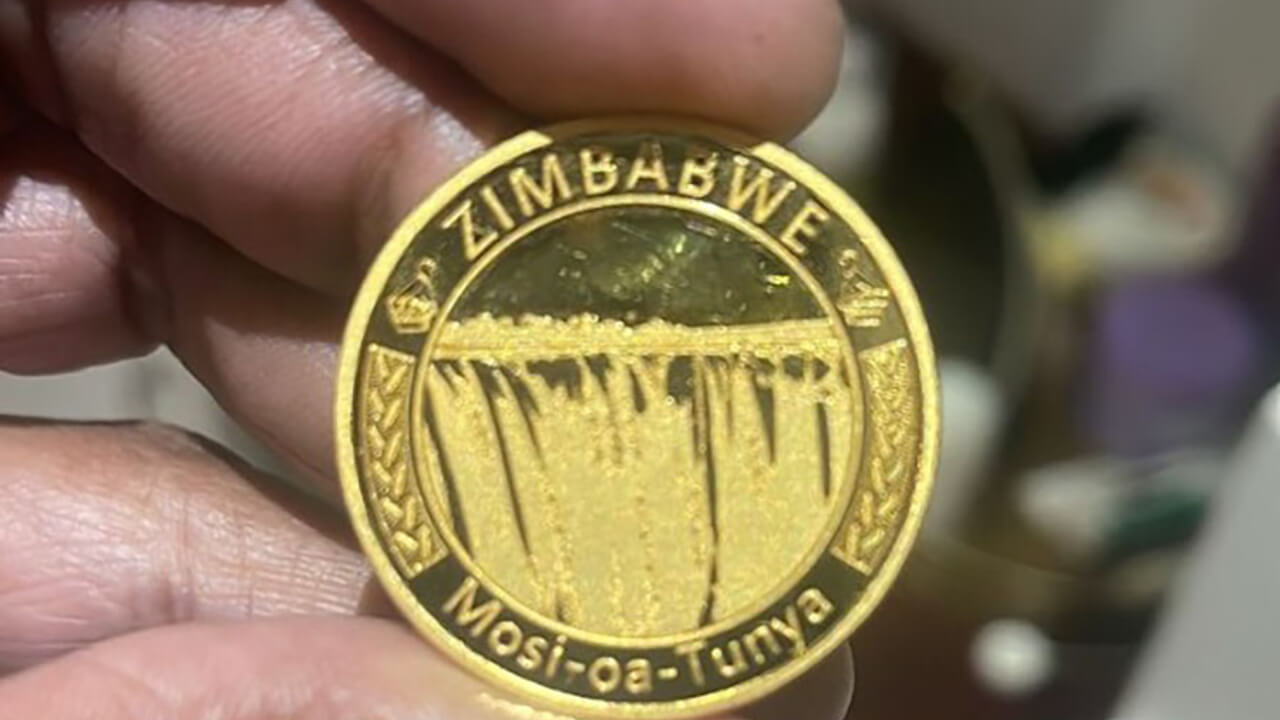Zim agrees to a 10-year fish farming roadmap
STAKEHOLDERS from across Zimbabwe’s tilapia value chain have rallied behind a plan to help the southern African nation develop its tilapia aquaculture and promote opportunities for women, youth and marginalised groups without adding pressure on the environment.
Fish is an important part for Zimbabweans‘ diet.
While tilapia fish has always been exploited in the country, it has recently been harvested at a higher commercial scale, and officials have been keen to see this important development being carried out with environmental considerations in mind.
Other types of fish being harvested at a huge commercial scale in Zimbabwe include kapenta, on Lake Kariba.
“Tilapia farming can be a driver of our countries’ inclusive growth,” said Lands, Agriculture, Fisheries, Water and Rural Development minister Anxiuos Masuka at an event celebrating sector-wide commitment to a 10-year plan for the future of Zimbabwe’s tilapia sector.
He added: “This agreement will help our tilapia aquaculture take off and can be instrumental to reduce poverty and improve food security”.
The strategy foresees a nearly three-fold increase of farmed Nile tilapia production from 5 600 to 14 000 tonnes per year in 2032.
This increase would be driven by better access to inputs, services and markets for small-scale fish farmers and would raise their yearly benefits from US$5,6 million now to US$22 million in 10 years.
The strategy also advocates widespread use of best practices so that growth has no negative effects on biodiversity and ecosystems; and will not cause additional pollution.
Inclusivity is another key priority.
Efforts to increase the participation of women, youth and marginalised groups should ensure that by 2032 they occupy 40% of jobs among small-scale fish farmers.
The strategy is the result of a sector-wide dialogue on upgrading Zimbabwe’s tilapia value chain spearheaded by FISH4ACP, a global fish value chain development initiative of the Organisation of African, Caribbean and Pacific States implemented by the Food and Agriculture Organisation with funding from the European Union (EU) and the German Federal Economic Cooperation and Development ministry.
According to the EU, the plan sets an ambitious agenda for FISH4ACP, a flagship programme of the EU’s development support for sustainable fisheries and aquaculture, demonstrating the EU’s support to the people of Zimbabwe and to public policies that lead to the improvement of the living conditions of communities in line with the National Development Strategy 1.-newsday











